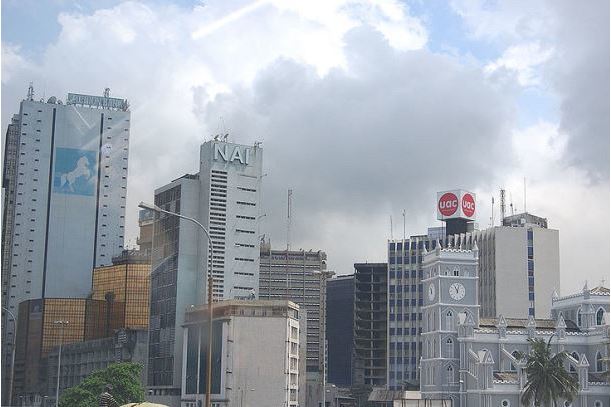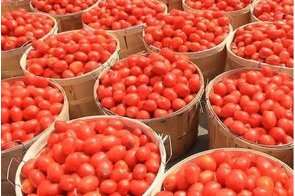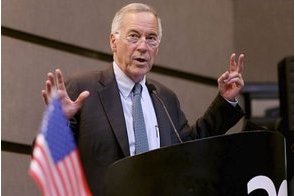Latest News
Nigeria’s inflation rate rises to 18.55 per cent

News Highlight
- Prices for housing, electricity and food continued to rise in December 2016.
Nigeria's Consumer Price Index (CPI) – which measures the average change over time in prices of goods and services – increased by 18.55% year-on-year in December 2016, from 18.48% recorded in November. The latest inflation figure as released by the National Bureau of Statistics (NBS) this weekend shows that the inflation rate accelerated for the 12th straight month to its highest rate since October 2005.
Prices for housing, electricity and food continued to rise. The NBS noted that increases were recorded in all the major divisions that contribute to the Headline Index. On a month-on-month basis, the Headline index rose by 1.06 percent point last month, higher than the rate recorded in November (0.78) percent.
In December, the highest increases were seen in housing, water, electricity, gas and other fuels; clothing and footwear; as well as education, growing at 27.27%, 21.62% and 17.84%, respectively.
“Communication and Restaurants and Hotels recorded the slowest pace of growth in December, growing at 5.33 per cent and 8.91 per cent (year-on-year) respectively," the NBS said.
Food inflation rose by 17.39% in December from 17.19% recorded in the previous month. The statistics agency said the rise in the food index was caused by increases in prices of meat, bread and cereals, oil and fats, fish, vegetables, milk and cheese and eggs, fruits and potatoes, yam and other tubers.
Core inflation, which excludes the prices of volatile agricultural produce, eased by 18.1% during the month, compared to 18.2% recorded in November.
Urban inflation rose by 20.12% in December, compared to 20.07% reported in the previous month, while the rural index increased by 17.20% in the same period, from 17.10% reported in November.
Nigeria's inflation rate jumped from 9.6% in January 2016 to 17.1% in June last year, before slowing the pace of growth to reach 18.55% in December. The country's inflationary pressures include shortage of foreign exchange precipitated by low oil revenue, the devaluation of the naira, and the increase in fuel prices. The Central Bank of Nigeria increased its benchmark interest rate in July last year from 12% to 14% to curb the rising inflation. The apex bank retained the 14% interest rate at its last Monetary Policy Committee meeting in November.
Related News
Latest Blogs
- Driving economic growth through green transition in Nigeria
- CBN is fighting inflation instead of stagflation
- Why electricity privatization failed (2)
- How net metering can boost embedded power generation
- Adaora Umeoji and gender in Nigerian banking leadership
Most Popular News
- IFC, partners back Indorama in Nigeria with $1.25 billion for fertiliser export
- Ali Pate to deliver keynote speech at NDFF 2024 Conference
- CBN increases capital requirements of banks, gives 24 months for compliance
- Univercells signs MoU with FG on biopharmaceutical development in Nigeria
- CBN settles backlog of foreign exchange obligations
- Euromonitor forecasts Sub-Saharan Africa GDP to grow to $4.5trn by 2040






